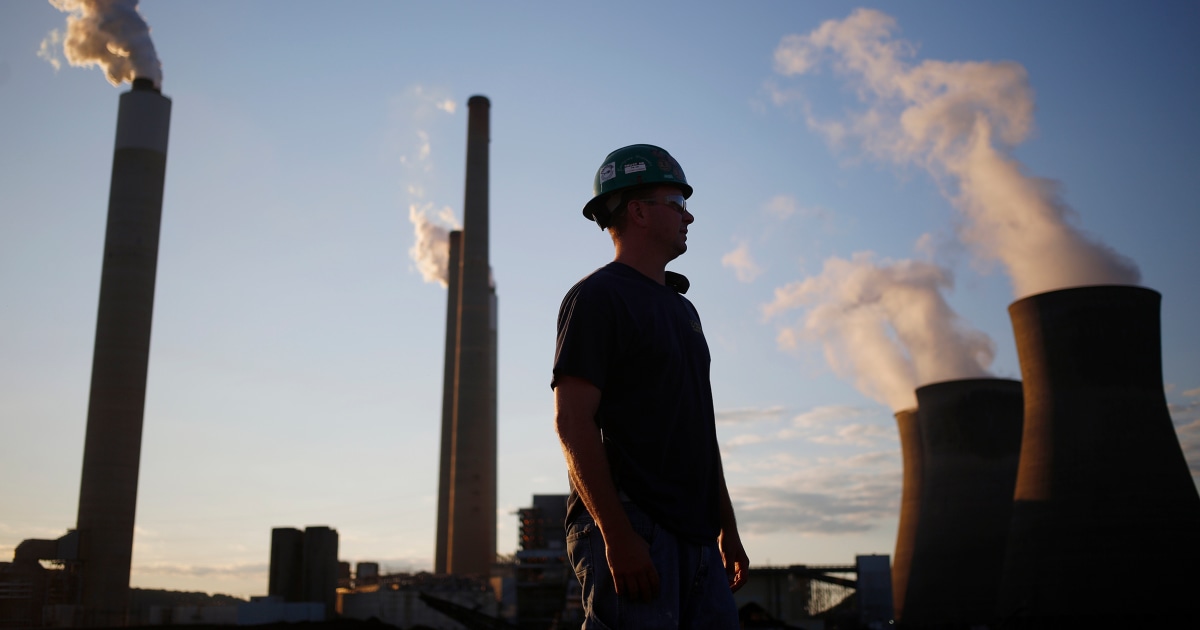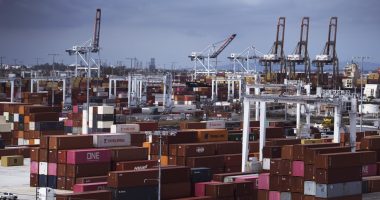
Clean energy is unlikely to replace every coal and fossil fuel job lost in West Virginia, he added. But it can help begin to diversify the state’s economy. It will also make West Virginia more attractive to outside industries and companies, such as car manufacturers — which increasingly have made their own climate commitments and, thus, are unlikely to invest where clean energy is scarce — sparking further economic development.
“West Virginia is behind the eight ball, because we haven’t done a lot by way of developing and deploying clean energy,” Richardson said. “We really need to go far fast.”
Whether West Virginians will reap the benefits of clean energy opportunities depends in large part on the state’s leaders in both Charleston and Washington, said Van Nostrand, of West Virginia University. In this regard, there have been halting gestures toward sustainability, he added, but the state lags behind most others, as well as the latest climate science. In August, a landmark United Nations report warned that the consequences of climate change, including the extreme weather wreaking havoc already, will grow dramatically worse this century if humanity fails to rein in emissions.
Also critical: making sure climate action reaches communities of color in West Virginia. The state is more than 90 percent white, but African Americans nevertheless comprised a substantial portion of the coal labor force, said Pam Nixon, a community organizer with the Charleston, West Virginia, chapter of the NAACP.
As technology in the industry progressed, though, Black workers typically weren’t selected for training opportunities; when layoffs became commonplace, they were far more likely than their white peers to be let go.
“When Manchin and others talk about not leaving coal workers behind, they don’t usually acknowledge that Black coal workers were left behind years ago,” she said. “We need to make sure this trend doesn’t continue. Blacks and Latinos in West Virginia, we need to be sitting at the table.”
A decision
Manchin, who chairs the Senate Energy and Natural Resources Committee, was instrumental to the $1.2 trillion bipartisan infrastructure package, passed in August by the Senate and pending House approval. That bill includes some $120 billion for clean energy and climate resilience projects, as well as $21 billion to clean up abandoned mines and cap leaking oil and gas wells.
Experts say these provisions can be a boon for West Virginia, but they’ll fall short of meeting the needs of the state. At the national level, climate scientist Michael E. Mann called the bill “a far cry from meeting the moment,” arguing that it does nothing to reduce America’s reliance on fossil fuels.
A separate, larger bill, hailed as the most comprehensive climate legislation in U.S. history, promises more robust investments in renewables. But Manchin has said he opposes the measure, citing its $3.5 trillion price tag.
Manchin’s Senate office did not respond to an emailed request for comment.
Unwilling to wait, some in the senator’s state are taking matters into their own hands.
Source: | This article originally belongs to Nbcnews.com









